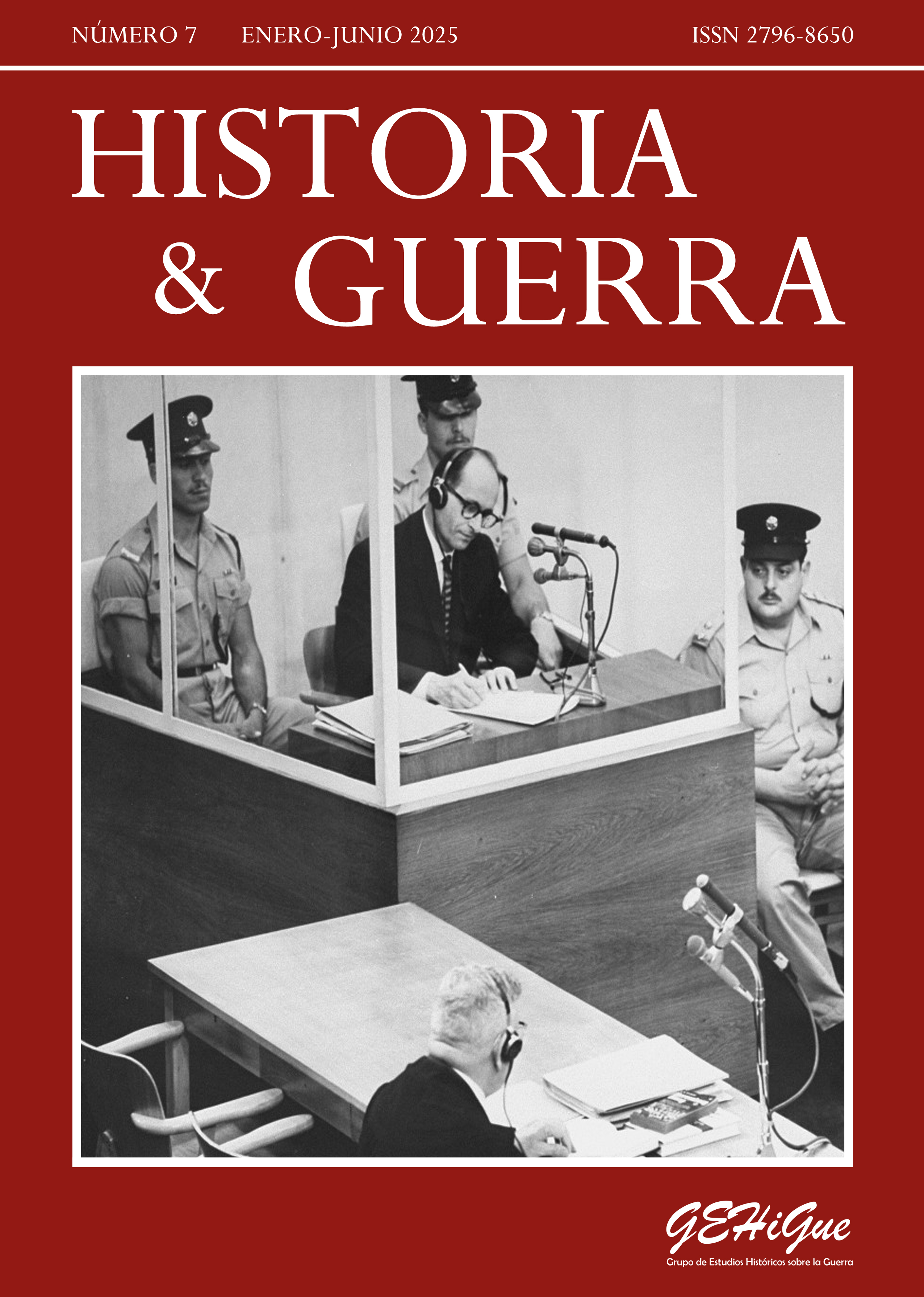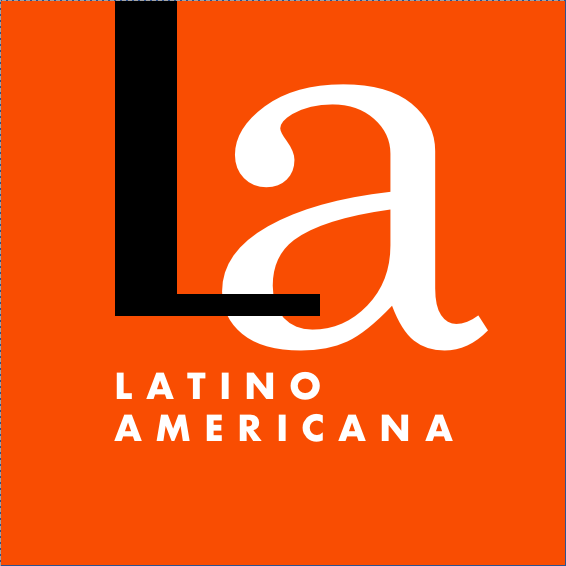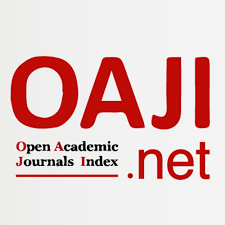Bokoko: an experience of interethnic coexistence in Spanish Guinea during World War I (1916-1919)
Abstract
The neutrality adopted by Spain during the First World War was compromised in its colonial possessions in the Gulf of Guinea. The war in the German colony of Cameroon, neighboring the Spanish territory of Río Muni, caused a humanitarian crisis of enormous proportions. The German colonial army, along with its African troops (askaris), was followed by thousands of Cameroonian civilians made up of entire families (women, the elderly and children). The Spanish government moved the Germans and their African soldiers to the island of Fernando Poo, where they were established in several camps under a military organization. The space dedicated to Cameroonian civilians was named Bokoko. We explore this experience where different Cameroonian ethnic groups coexisted under the protection of Spanish neutrality. The link between them was their support for the Germans, voluntary or forced, which was vital to understanding the basis of indigenous support for colonial power.Downloads
References
Abwa, D., Temgoua, A-P., Fomin, E. S. D. y Dze-Ngwa, W. (2013). Boundaries & History in Africa: Issues in Conventional Boundaries and Ideological frontiers. Langaa Research & Publishing Common Initiative Group.
Amat-Roze, J. M. y Benoit, C. (2021). L’Empire Colonial Français dans la Grande Guerre. Un siècle d'Histoire et de Mémoire. Collection Mémoire de Verdún.
Ballano, F. (2013). Aquel negrito del África tropical. El colonialismo español en Guinea (1778-1968). Casa de África.
Bibang Oyee, J. (1995). Dulu Bon Be Afrikara. La Migración Fang. Narrativa africana.
De Vries, J. (2018). Cameroonian Schutztruppe Soldiers in Spanish-Ruled Fernando Poo during the First World War: A “Menace to the Peace?”, War & Society, 37(4), 1-22.
Font Gavira, C. A. (2018). El internamiento de las tropas alemanas del Camerún en la Guinea Española (1916). Revista de historia militar, (123), 81-108.
García Sanz, C. (2011). La Primera Guerra Mundial en el Estrecho de Gibraltar: Economía, Política y Relaciones Internacionales. Universidad de Sevilla.
González Calleja, E. (2016). El internamiento de los colonos alemanes del Camerún en la Guinea Española (1915-1919). Éndoxa: Series Filosóficas, (37), 223-236.
Keynes, J. M. (2002). Las consecuencias económicas de la paz. Crítica.
Martínez, M. (1995). El servicio sanitario en los campamentos de internamiento de alemanes en Fernando Poo durante la primera guerra mundial, meritoria intervención de la sanidad naval (1916-1918). Revista General de Marina, (228), 176-197.
Martínez Carreras, J. (1986). Guinea Ecuatorial Española en el contexto colonial de la primera mitad del siglo XX en Españoles y franceses en la primera mitad del siglo XX (pp. 295-302). Consejo Superior de Investigaciones Científicas, Centro de Estudios Históricos.
Meyer, O. (1916). Kamerun 1914-16. Artes Gráficas.
Muñoz López, C. (1926). La internación de los alemanes en Fernando Poo. [Conferencia]. Centro General de Pasivos.
Nerín Abad, G. (2010). La última selva de España. Antropólogos, misioneros y guardias civiles. Catarata.
Osuntokun, J. (1974). Anglo-Spanish relations in West Africa during the First World War. Journal of the Historical Society of Nigeria, 7 (2), 291-301.
Quinn, F. (1973). An African Reaction to World War I: the Beti of Cameroon. Cahiers d’études africaines, 13 (52), 722-731.
Ramírez Copeiro del Villar, J. (2004). Objetivo África. Crónica de la Guinea Española en la II Guerra Mundial. 2004. Marcial Pons.
Schulte-Varendorff, U. (2011). Krieg in Kamerun. Die Deutsche Kolonie im Ersten Weltkrieg. Christoph Links Verlag.
Surén von, H. (1934). Kampf um Kamerun. Melchior Historischer Verlag.
Unzueta Yuste, A. (1947). Historia geográfica de la isla de Fernando Poo. Instituto de Estudios Africanos.
Vicent, J. (1920). Una obra de colonización alemana en Fernando Poo. Blas y Cia.
Copyright (c) 2025 Carlos Font Gavira

This work is licensed under a Creative Commons Attribution-NonCommercial 4.0 International License.

Historia & Guerra uses an international license Attribution-NonCommercial 4.0 International (CC BY-NC 4.0).
You are free to:
- Share — copy and redistribute the material in any medium or format.
- Adapt — remix, transform, and build upon the material.
- The licensor cannot revoke these freedoms as long as you follow the license terms..
Under the following terms:
Attribution — You must give appropriate credit, provide a link to the license, and indicate if changes were made. You may do so in any reasonable manner, but not in any way that suggests the licensor endorses you or your use.
NonCommercial — You may not use the material for commercial purposes.
No additional restrictions — You may not apply legal terms or technological measures that legally restrict others from doing anything the license permits.
Notices:
You do not have to comply with the license for elements of the material in the public domain or where your use is permitted by an applicable exception or limitation.
No warranties are given. The license may not give you all of the permissions necessary for your intended use. For example, other rights such as publicity, privacy, or moral rights may limit how you use the material.
The author retains all rights to his work without restriction and grants Historia & Guerra the right to be the first publication of the work. Likewise, the author may establish additional agreements for the non-exclusive distribution of the version of the work published in the Journal (for example, placing it in an institutional repository or publishing it in a book), with the acknowledgment of having been first published in this journal. Use of the work for commercial purposes is not permitted.














.jpg)















